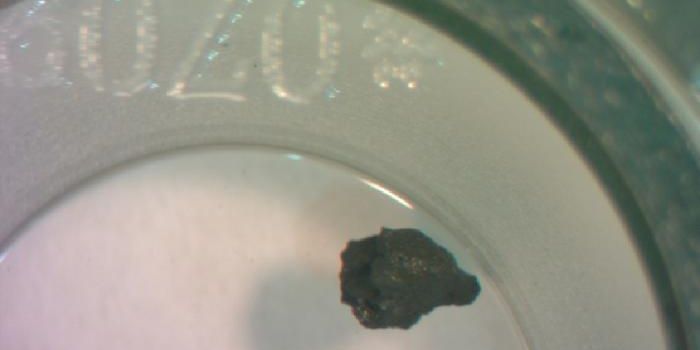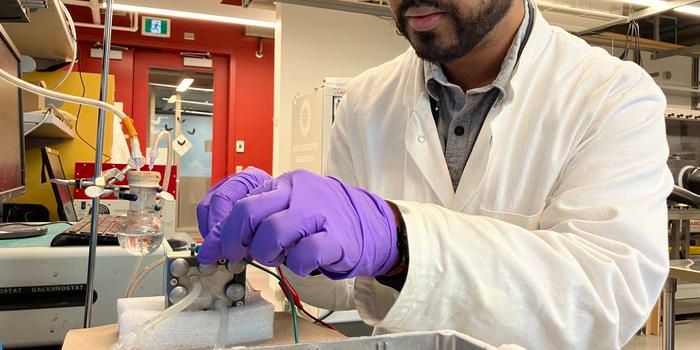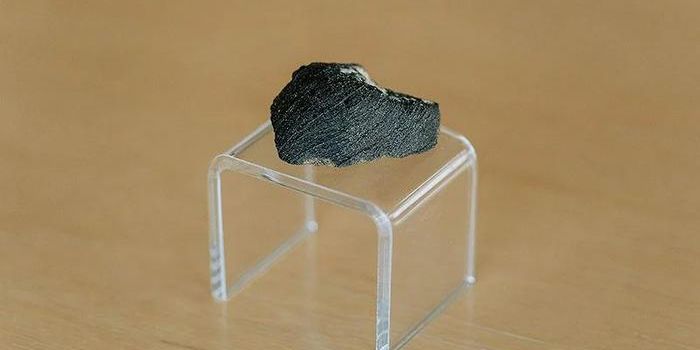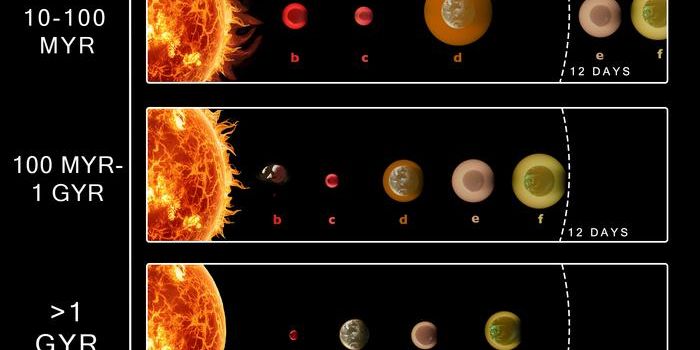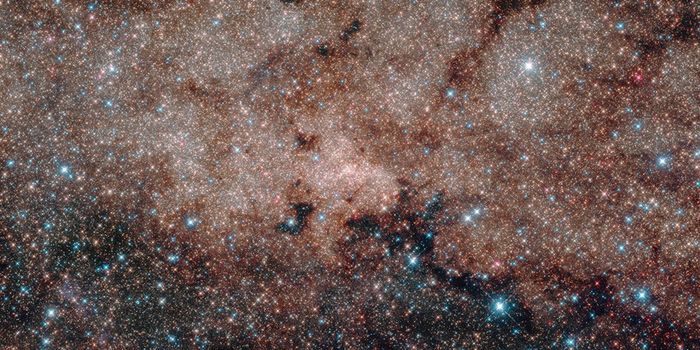Oldest Evidence of Hot Water on Mars Found in 4.45 Billion-Year-Old Zircon Grain
Was Mars a much more habitable planet billions of years ago? This is what a recent study published in Science Advances hopes to address as an international team of researchers led by Curtin University in Australia investigated how the Martian meteorite designated as Northwest Africa 7034 (NWA7034) “Black Beauty” could contain traces of ancient water on Mars from billions of years ago. This is because Black Beauty is estimated to be approximately 4.45 billion years old, which scientists hypothesize is when Mars had bodies of liquid water across its surface.
For the study, the researchers conducted microscopy analyses of a zircon grain obtained from Black Beauty, which builds off a 2022 study involving the same zircon grain where researchers found the grain had experienced being “shocked” from a meteorite impact long ago. For this latest study, the researchers found that the zircon grain contained unique evidence regarding past liquid water on the Red Planet.
“We used nano-scale geochemistry to detect elemental evidence of hot water on Mars 4.45 billion years ago,” said Dr. Aaron Cavosie, who is a senior lecturer in the School of Earth and Planetary Sciences at Curtin University and a co-author on the study. “Hydrothermal systems were essential for the development of life on Earth and our findings suggest Mars also had water, a key ingredient for habitable environments, during the earliest history of crust formation. Through nano-scale imaging and spectroscopy, the team identified element patterns in this unique zircon, including iron, aluminum, yttrium and sodium. These elements were added as the zircon formed 4.45 billion years ago, suggesting water was present during early Martian magmatic activity.”
Billions of years ago, Mars had rivers and oceans of liquid water that cascaded across its surface which were lost to space over millions of years. But could these past conditions have been suitable for life as we know it to exist, or even as we don’t know it?
How will Black Beauty help scientists better understand the ancient history of Mars in the coming years and decades? Only time will tell, and this is why we science!
As always, keep doing science & keep looking up!
Sources: Science Advances, ScienceDaily, Curtin University

